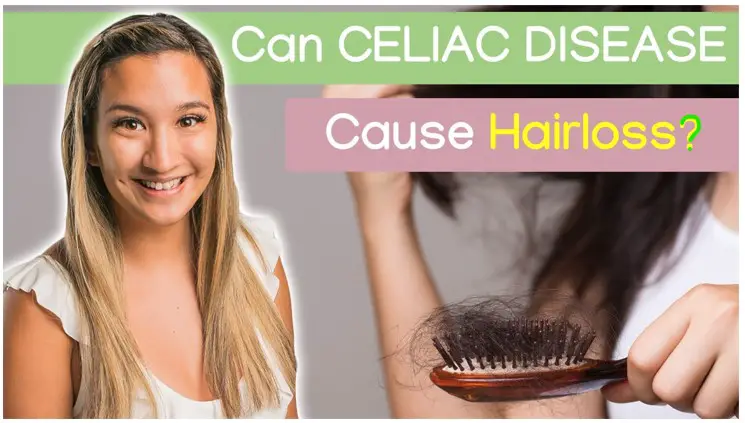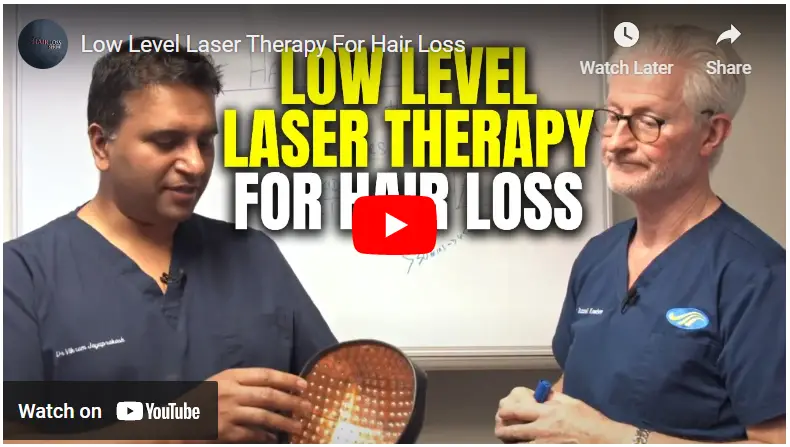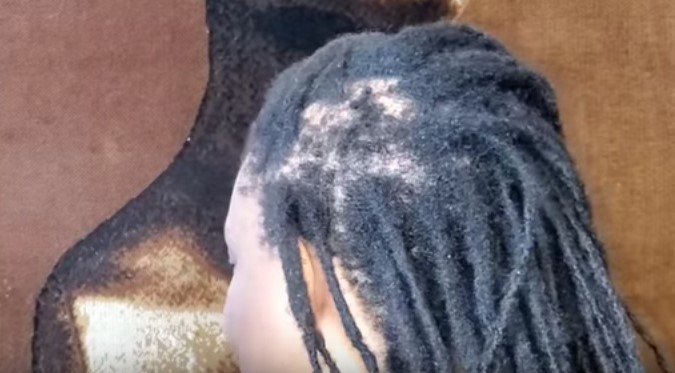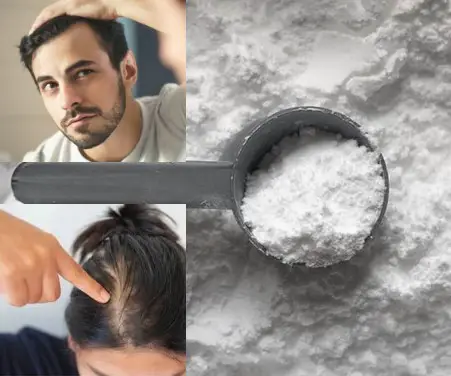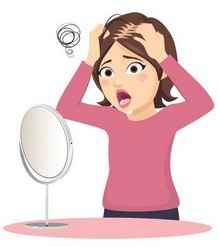Can celiac disease cause hair loss? Many people suffering from celiac disease, an autoimmune disorder that is related to gluten intolerance, report excessive hair loss. Moreover, there is a higher than normal incidence of celiac disease among people with alopecia areata, another autoimmune disorder that attacks the hair follicles and leads to hair loss. In many of these cases, hair loss slowed or ceased when the patient switched to a gluten-free diet.
Can celiac disease cause hair to fall out?
The topic of celiac disease hair loss has not been investigated very thoroughly, but the results of several smaller research projects as well as anecdotal evidence do point to a connection. Many people with celiac disease who accidentally ingest foods that contain gluten report a sudden increase in hair fall among other reactions. Once the gluten is out of their system, the hair loss subsides. This points very strongly to a connection between celiac disease and hair loss.
In a study on celiac hair loss at the University of L’Aquila in Italy published in the medical journal Gastroenterology, researchers reported on many patients suffering from alopecia areata and celiac disease. In one particularly dramatic case, a 14-year-old boy suffering severe hair loss on his head and body found that all of his hair grew back after switching to a gluten-free diet. Overall, the celiac disease hair loss connection was so strong that it led to the recommendation that all patients suffering from alopecia areata be tested for celiac disease. A study in the Eurasian Journal of Medicine conducted on 140 children backs up these findings.
Does Celiac Disease Cause Hair Loss?
First, it’s important to have a clear understanding of these conditions before you can determine if this could be the cause of your hair loss. First, we’ll take a look at alopecia areata.
What Is Alopecia Areata?
The type of hair loss associated with celiac disease is called alopecia areata. The hallmark of alopecia areata is patches of hair loss, usually appearing on the scalp but occasionally in other areas such as the beard as well. It’s an autoimmune disorder in which the body’s immune system mistakenly attacks the hair follicles.
It normally starts with one or two patches before spreading to other areas. The patches may be peach-colored and contain hairs around the border that resemble exclamation marks, although this does not always occur. Hair loss that follows this pattern is the most common type to accompany celiac disease.
What Is Celiac Disease?
If you think you might have hair loss from celiac disease, there are a few symptoms of celiac to look out for. However, it’s important to keep in mind that celiac disease does not present itself in the same way in every person. While many sufferers complain of abdominal pain, bloating, gas, and diarrhoea, others may have no obvious signs of this condition.
In children, short stature and slow growth can indicate the possibility of celiac disease. Because those with celiac disease have trouble absorbing nutrients, weight loss and fatigue can also be present. Some theorize that it is the malabsorption of nutrients that accompanies Celiac that is responsible for celiac-related hair loss in many individuals, particularly the milder cases of hair fall. Blood tests and endoscopy can confirm suspected cases of celiac disease.
Could Your Hair Loss Be Caused by Celiac Disease?
If you have already been diagnosed with celiac disease and are experiencing hair loss, there is a good possibility that the two conditions are related, particularly if you notice increased hair fall following ingestion of gluten.
If you suspect a connection, you could try eliminating gluten from your diet to see if your hair loss improves. However, if you have not been diagnosed with celiac disease, it is important not to put yourself on a gluten-free diet before testing as this can skew the results. Check with your doctor if you think you might have celiac disease. Although celiac disease and hair loss can be related, there are plenty of other possible causes of hair loss as well.
See more what could potentially cause hair loss.
- AI Powered Bald Filter Online 2024: See Yourself with No Hair! - January 19, 2024
- Harklinikken Bad Reviews 2024: Analyzing Negative Feedbacks - January 18, 2024
- How to Get the Alex Eubank Hair | Step-By-Step Tutorial 2024 - January 18, 2024

